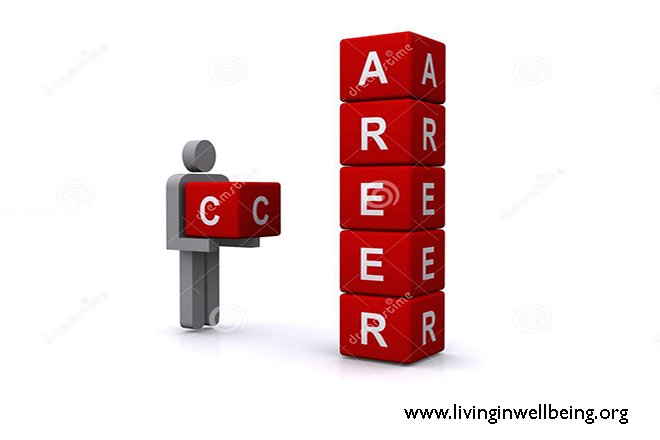
Choosing the right career is one of life's most important decisions. It's a journey that often begins in our teenage years and can extend well into adulthood. Finding the right career is only sometimes straightforward and may involve some detours and self-discovery. This article will explore the key factors and strategies to help you find a job that aligns with your passions, skills, and values.
Self-Discovery
The first step in finding the right career is self-discovery. Take the time to reflect on your interests, values, and passions. What are the activities that make you come alive? What are the issues or causes that you are deeply passionate about? Consider your strengths and weaknesses, as well as your natural talents and skills. Self-assessment tools, career quizzes, and personality tests can be valuable resources in this process, helping you gain insights into your unique qualities.
Set Clear Goals
Once you have a better understanding of yourself, set clear career goals. What do you want to achieve in your professional life? Do you aspire to positively impact society, climb the corporate ladder, or become an entrepreneur? Your goals will serve as a compass, guiding your career decisions and choices. Remember that these goals can evolve, so be open to adjusting them as you gain more experience and clarity.
Research and Explore
Research is a critical step in finding the right career. Explore different industries, job roles, and companies—network with professionals in your areas of interest to gain insights into their experiences. Internships, part-time jobs, and volunteering can provide valuable hands-on experience and help determine if a particular field aligns with your goals and values. Take your time to gather information and explore various options.
Education and Skill Development
You may need specific education and skills depending on your chosen career path. Invest in your teaching and continuous learning to stay competitive in your field. Consider formal instruction, workshops, online courses, and mentorship opportunities. Building a solid foundation of knowledge and skills will make you more qualified for your dream job and boost your confidence.
Seek Guidance and Mentorship
Mentorship can be a game-changer in your career journey. Find a mentor with experience in your desired field and willing to provide guidance and support. A mentor can offer valuable insights, share their experiences, and help you navigate the complexities of your chosen career path. Don't hesitate to ask for advice and feedback along the way.
Embrace Adaptability
It's essential to recognize that career paths are rarely linear. Be prepared to adapt and pivot when necessary. Your interests and circumstances may change, and unexpected opportunities may arise. Don't be afraid to take calculated risks and explore new avenues. Embracing adaptability and resilience will serve you well in finding the right career.
Stay Persistent
Finding the right career can be a challenging and sometimes lengthy process. Rejections and setbacks are a natural part of the journey. Stay persistent and maintain a positive attitude. Each experience, whether positive or negative, can teach you valuable lessons and bring you closer to your ultimate career destination.
Conclusion
Finding the right career is a personal journey that requires self-discovery, goal-setting, research, education, mentorship, adaptability, and persistence. It's a process that evolves as you gain more clarity about your passions and purpose. Remember that your career is not just a means to earn a living but an opportunity to live a fulfilling and meaningful life. Investing time and effort in exploring and developing your career allows you to embark on a path that aligns with your true self and leads to personal fulfilment.












